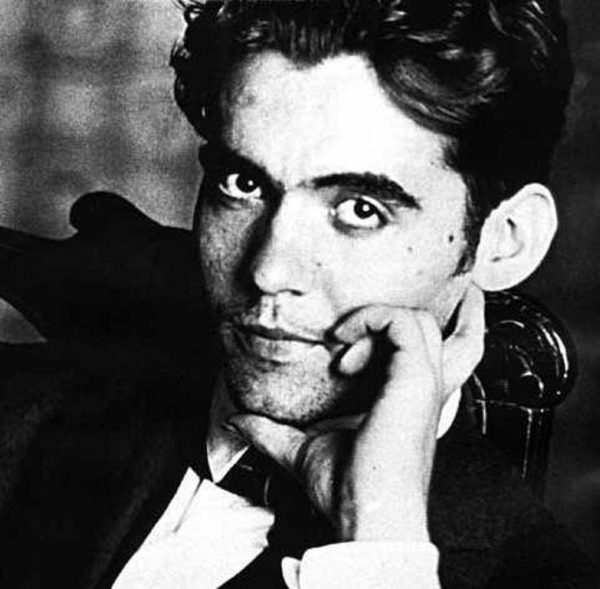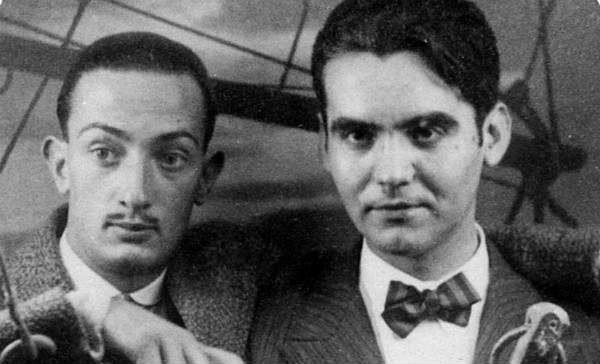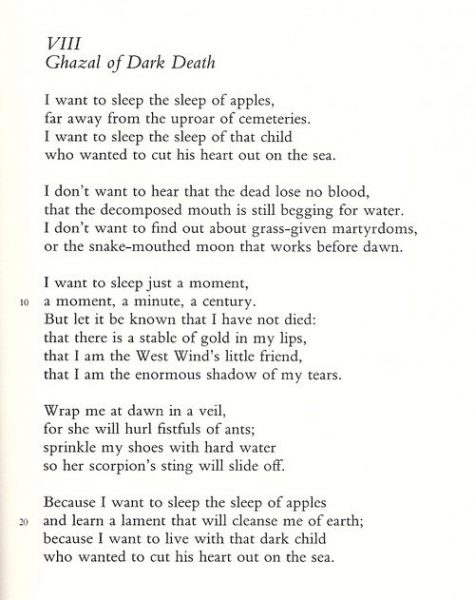
Federico Garcia Lorca was born in 1889 in Spain. Throughout his life, he worked as a playwright, a theatre director, and a poet. He gained recognition when he joined Generation of ‘27, a group predominantly comprised of Spanish poets who wanted to share their avant-garde poetry and art with people.
Many people don’t recognize Federico Garcia Lorca as an LGBT poet. Lorca’s homosexuality was something that he struggled with throughout his whole career. Occasionally, it appeared in his work, but wasn’t an identity he could proudly share. As an article from The Independent explains, “for decades Spain’s literary establishment, and even his own family, refused to acknowledge that the country’s best loved poets, Federico Garcia Lorca, was gay.”
Lorca’s biographer, Ian Gibson, also explained that his “works were censored to conceal his sexuality.” In fact, it wasn’t until nearly 45 years after his death that his sexuality was widely acknowledged and accepted. As Gibson said, it was because “Spain couldn’t accept that the greatest Spanish poet of all time was homosexual.”
Lorca worked closely with Salvador Dali, a Spanish surrealist artist, and the two became long-time friends. It was rumored that their friendship went further, and the two exchanged letters throughout their relationship.

In 1936, Lorca was assassinated by Spanish fascists for his right socialist views. As a police report from the incident describes, he was killed for being a “freemason belonging to the Alhambra lodge” and someone who partook in “homosexual and abnormal practice.”
Now, scholars and poets are able to read Lorca’s work and understand the impact he made, not only in the poetry world but within the LGBT community.
